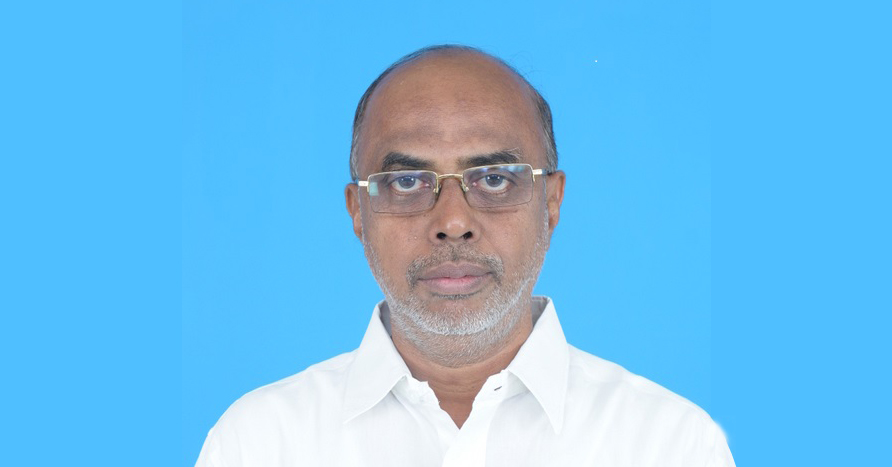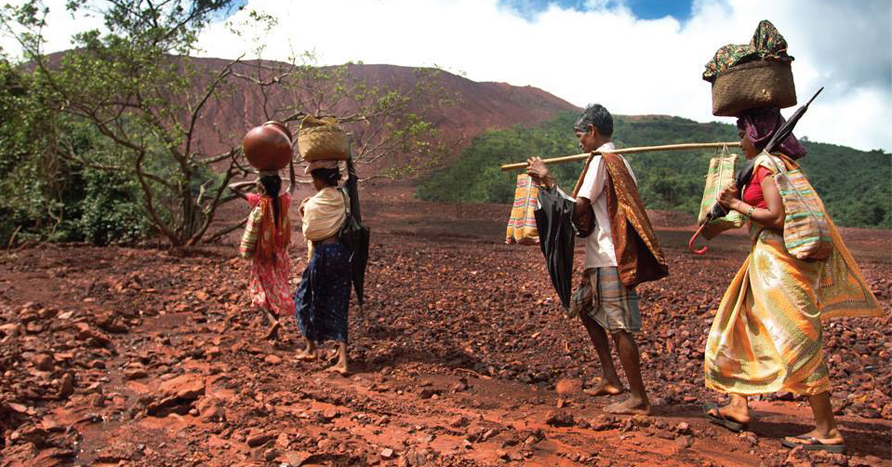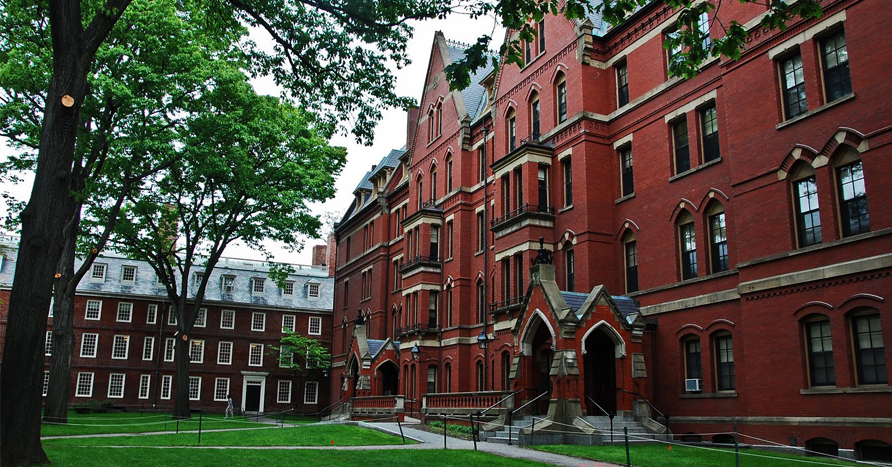On 29th May 1917, the social revolution of Inter-Caste Dining was conducted among the downtrodden untouchables in Kerala. The social reformer who took initiative for the dining was Sahodaran Ayyappan (1889-1968). It was a great social revolution in those days wherein social hierarchies prevailed in strict terms of caste system, creating birth based discrimination among individuals. Sahodaran Ayyappan was socially boycotted by Hindu Paripalana Sabha for having organized the inter-caste dining.. But Sahodaran Ayyappan marched on his progressive path more vigorously as a rationalist, propagating ‘No Religion, No God, No Caste’ when the proclamation of ‘One Religion, one God and One Caste’ was considered progressive. In this holy country, anyone who comes forward to serve the society for the cause of abolition of caste system, has to be necessarily a rationalist, the reason being that the four fold division the of society resulting in emergence of numerous castes was created by ‘god’ himself. The omnipotent god openly expresses his inability. So those who serve the cause of caste abolition has to propagate against the ‘so called’ god and has to be an atheist-rationalist. Sahodaran Ayyappan is a public leader in the line of great revolutionary Periyar E.V.Ramasamy (1879-1973) who transformed the social and political fabric of the State of Tamil Nadu, influencing the scenario significantly at all India level.
To mark the historic occasion of inter-caste dining, the completion of 100 year (1917-2017) was celebrated as the Centenary of Rationalist Movement in Kerala. The celebration took place for 3 days – May 27, 28 & 29, 2017 at Kozhikode. It was organized by Kerala Yukthivadi Sangham (KYS), the major rationalist organization of Kerala State. All the three day program were held at Town Hall Auditorium of Kozhikode Municipal Corporation. The second day celebration was coupled with a massive public procession took place.
Conference of National Fraternity
On 29th May 2017, the Conference of National Fraternity was inaugurated by Dr.K.Veeramani, President, Dravidar Kazhagam. He was welcomed by Mr. Iringal Krishnan and felicitated by Mr. U.Kalanathan, Patron of Kerala Yukthivadi Sangham on behalf of the organization committee of the centenary celebration.
Advocate Anil Kumar, President of KYS, presided over the conference. Prof. Narendra Nayak – National President of Federation of Indian Rationalist Associations (FIRA), Prof. Dhaneswar Sahoo – President , Odisha Rationalist Society, Mr. Raghunath Singh – President of Arjak Sangh, Uttar Pradesh, Mr. K.B.Menon, Bangalore and other functionaries of various organizations participated. Mr. Binoy Viswam, former Minister, Government of Kerala, the Chairman of the Centenary Committee, took special interest and efforts for the success of the three days celebration. Mr. Dhanuvachapuram Sugumaran, Vice-President, Kerala Yukthivadi Sangham took special care in organizing the Conference and publishing the Centenary Souvenir.
Release of the Centenary Souvenir
A special souvenir viz Cyntha 100 was released by Dr. K. Veeramani and the first copy of it was received by Com. M.Balakrishnan, Editor of the Malayalam Magazine, ‘Yukthirekha’.
Inaugural Address
The following are the excerpts of the inaugural address, delivered by Dr. K. Veeramani, President, Dravidar Kazhagam:
Both Thanthai Periyar and Sahodaran Ayyappan were rationalist – social revolutionaries. They hailed and concentrated in public life in Tamil Nadu (the then Madras Province) and Kerala respectively. They joined together for the cause of abolition of caste. Humanism is the ultimate message for the well being of humanity to establish egalitarian societies. Sahodaran Ayyappan organized inter-caste dining strategically to abolish caste system with a specific focus on abolition of untouchability. Thanthai Periyar who served with Congress Party, took forward the agitation at Vaikom Kerala in 1924 to enable the untouchables to walk on the streets, surrounding the temple and succeeded in his efforts. In 1924, discrimination was practiced while dining between the Brahmin and the non-brahmin students – inmates of Tamil Nadu – Cheranmadevi Gurukulam (residential school), which was funded by Tamil Nadu Congress Committee. Despite the protest against the discrimination in dining, the Gurukulam did not stop the practice.
As President of Tamil Nadu Congress Committee, Thanthai Periyar stopped the financial assistance to Gurukulam. After independence, the Indian Constitution contains the word, ‘caste’ in many places. Article 17 says that untouchability is abolished. Periyar insisted on the word ‘caste’ instead of ‘untouchability’ to eradicate the caste system. In 1957, Periyar launched agitation of burning the Indian Constitution, as a strategy to abolish the caste system. In the history of social justice, the contributions made by Periyar continue to be significant, in the manifestation of 69 per cent total reservation in education and employment for the scheduled castes, the scheduled tribes and other backward classes in Tamil Nadu.”
The text of the inaugural address, “Abolition of Caste System – Contributions of Periyar Movement” in the form of a booklet was distributed to the delegates and observers.
The functionaries of Dravidar Kazhagam, Mr. V.Kumaresan, Secretary – External relations, Mr. Prince Ennares Periyar, State Secretary, Students’ Wing and Prof. Poo. See. Ilangovan, among others, attended the Conference.






